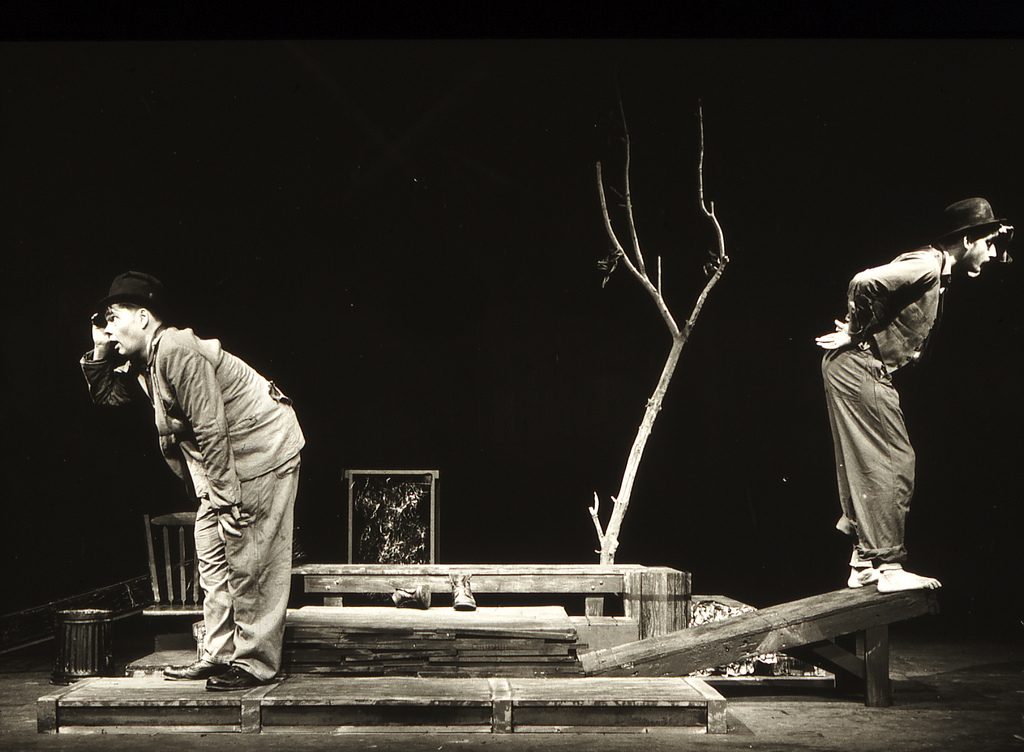Of all the decisions of the Coalition, the agreement on a fixed-term Parliament has perhaps been one of the most consequential, even as it is one of the least remarked upon, certainly outside of academic circles.
In previous Parliaments, we would have had a general election already – probably in 2014, but maybe already in 2013 – as the government sought to get maximum advantage from the recovering economy and the disarray of the opposition.
Instead, we have trudged on to May 2015, with neither partner wanting to be the one to break up the government, each for their own reasons.
This has had two consequences.
The first is that the usual muttering about ‘snap elections’ has been almost entirely absent: differences over policy have existed, but have also been managed between Tories and Lib Dems within the framework. No ‘bottling it‘ stories this time around.
The second has been that the run-in to the election has been very long indeed. Already this year, the local and European elections were a test-bed for policy and organisation, while the Lib Dems seem to have stuck to their initial plans from 2010 (see David Laws’ account).
This second feature has now become particularly pronounced.
The legislative agenda (of the government, at least) is largely spent, while senior ministers feel less and less inclined to be present for big set pieces (such as the Autumn Statement), let alone defend their counterparts in government. Such differentiation between Tory and Lib Dem should be expected, just as Labour has tried to pull attention around to issues where it feels it can pack most punch, such as the NHS.
It’s also evident in other parties.
UKIP’s swift action in suspending General Secretary Roger Bird this week over allegations regarding candidate selection can be seen both as a manifestation of improved processes within the party and as a desire to minimise the damage it might cause: yesterday’s Telegraph caught the mood rather well. Of course, speedy recovery is one thing, but the case is likely to cause some to query how the situation was allowed to arise in the first place. Professionalisation of the party remains a key concern, and one which I’ve discussed recently: at the very least, I would not be surprised if more such tales emerge, particularly as other parties try to find any weakness that they can in the run-up to May. Last night’s business with Neil Hamilton serves to remind that even long-standing party members can be just as awkward as newcomers.
Aside from such internal factors, UKIP will also need to find ways to continue to get peoples’ attention between now and May. Assuming that any more defections will not now result in by-elections (but will be left to May), and that the value of further defections is less (unless there are substantial numbers involved), the party needs either to get its MPs showing what they can bring to the Commons, or to alight on some event that might let them make political capital.
On the later, the EU might offer some opportunities. Even if there will be no substantive decisions arising in the coming months – the budget is largely settled, for instance – the new Commission seems to be intent on being more muscular in promoting European integration.
Now it may be that Jean-Claude Juncker and his team are going to find some new means of achieving this, but the signs so far seem to suggest more of the same – speeches about why eurosceptics are wrong and/or foolish and (probably) some new promotional materials. Nothing substantial on engagement is in the air.
All of which plays into the hands of UKIP, in this particular context. Juncker, Schulz and Tusk are all three men willing to speak their minds at the best of times, and it doesn’t take much imagination to see UKIP pouncing on a pronouncement and whipping up some outrage.
In the end, this will be a real mark of how important the UK is in the European context – given that other countries also seem to be waiting out the election, there is evidently some understanding of the delicacy of the situation. Whether that helps or out remains to be seen.

